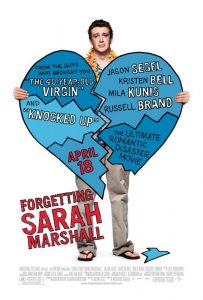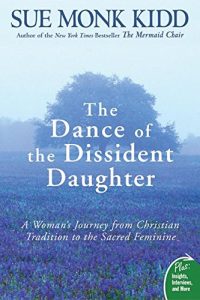 After finishing the first Lucifer volume, I started reading Dzur, which is nice because I haven’t read a Vlad Taltos book in years. Both of these events (the finishing and the starting) occurred while in line to see a sneak preview of a movie coming out next month, Forgetting Sarah Marshall. After getting a couple of chapters into the book, the movie started. And then I left it behind in the theater, not to be discovered in the Lost and Found this morning as I had hoped. None of which would be particularly relevant, except that the last time I lost a book in a theater, it was Brokedown Palace by the same author and set in the same universe. I’m assuming there’s a lesson in that, somewhere. But mostly it means that when I review the new Star Wars book I’m currently reading instead, it will suffer by already not being nearly as good as Dzur was. Dammit.
After finishing the first Lucifer volume, I started reading Dzur, which is nice because I haven’t read a Vlad Taltos book in years. Both of these events (the finishing and the starting) occurred while in line to see a sneak preview of a movie coming out next month, Forgetting Sarah Marshall. After getting a couple of chapters into the book, the movie started. And then I left it behind in the theater, not to be discovered in the Lost and Found this morning as I had hoped. None of which would be particularly relevant, except that the last time I lost a book in a theater, it was Brokedown Palace by the same author and set in the same universe. I’m assuming there’s a lesson in that, somewhere. But mostly it means that when I review the new Star Wars book I’m currently reading instead, it will suffer by already not being nearly as good as Dzur was. Dammit.
But anyway, there was also this movie, right? Marshall from How I Met Your Mother is a composer who’s dating actress Veronica Mars (and writing the incidental music for her cop drama TV show), but then after several shots of his cock taking up the majority of the early-movie screen time, they break up because she’s cheating on him with some British rock star. After weeks of misery, he goes to Hawaii for a vacation, only to discover that Veronica and her new rocker boyfriend are staying at the resort. Also, Jackie from the 70’s Show is one of the hotel staff, and she has her eye on Marshall, who I should probably be referring to in some other way to avoid confusion with the film’s title. (Veronica Mars is Sarah Marshall, incidentally.) In any event, hilarity ensues, and there is a pretty great supporting cast to help the hilarity along its way. Also written by Marshall, aka Jason Segel, Forgetting Sarah Marshall is consistently funny across several genres of humor. The writing is a little looser than it could be, with a couple of characters seeming to serve no plot purpose at all, but the laughs make up for a lot.
And what they don’t cover is handled deftly by the film’s soft, gooey center. Three out of the four major characters are achingly human in between the laughs, trying to make their best of a horrible situation that we’ve probably all experienced at some point, a situation in which there is plenty of blame to share around to all parties. But, I mean, don’t go see it because of the romance and drama. Go see it because it’s pretty hilarious, and then just be pleased by the perks.[1]
[1] To sum up, these were a surprisingly realistic and adult portrayal of a rocky break-up, Kristen Bell on constant bikini display, and Marshall-cock.
 First off: holy wow, but
First off: holy wow, but